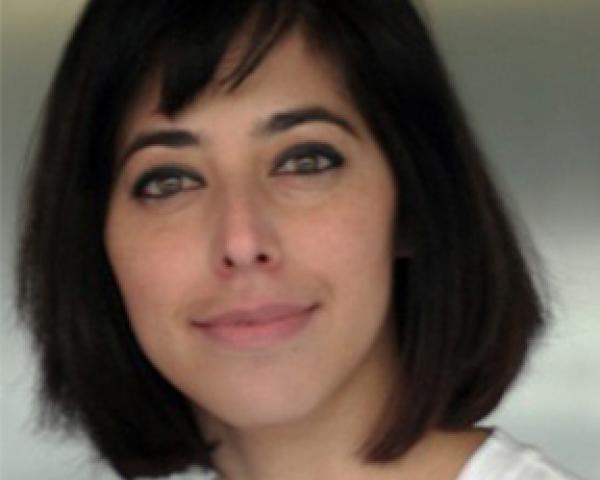This is part of a series of interviews by Shefi Ben Hutta with insurance practitioners who bring an interesting perspective to their work and to the industry as a whole. Here, she speaks with David Dror at Micro Insurance Academy.
To see more of the “A Word With Shefi” series, visit her thought leader profile. To subscribe to her free newsletter, Insurance Entertainment, click here.
Describe what you do in 50 words or less:
I lead a team that brings the poor in rural informal contexts into the fold of insurance. We address this challenge by acting as change agents. We do not sell a product; instead, we take communities from having no risk-management solution to adopting a mutual-aid insurance model that enables them to establish both the demand for and supply of insurance, specific to their context.
And when you are not working, what do you like to do?
I like to read, write, walk, socialize and rest.
How did you become engaged in microinsurance?
I have been involved with social insurance since the 1970s, mostly at the macro level; in India, I work with grassroots communities. My experience in India teaches me one overriding lesson, that top-down interventions, without full funding, offer very little opportunity to affect social change, and “localism” that taps into invisible resources offers some unexplored opportunities to reach results.
What is the main challenge the Micro Insurance Academy sets out to address?
The social challenge we address is the uninsured exposure to risks that condemns the poor in the "informal sector" to poverty, ill health and uncertainty. Insurance is broadly recognized as an indispensable tool to improve access to healthcare, agricultural production (thus food security and livelihoods) and to mitigate climate-change-related crises. However, the challenge to roll out solutions in the informal sector has proved difficult largely because the multifaceted aspects of poverty are often anchored in families and extended families, and not the individual as in the formal sector. Dealing with those social units requires innovation in business models and social engagements. This is what MIA focuses on.
In a recent paper termed “The Demand for (Micro) Health Insurance in the Informal Sector,
“ you write about the importance of group consensus in driving individuals' buy-in to microinsurance. Do you see insurers account for this lifestyle in their selling proposition?
Our solution, which is to assist the community to establish its own insurance schemes that leverage existing relationships of trust and obligation, is based on developing associations for the purpose of efficient sharing that enable the community to be consumers, creators, collaborators, suppliers and distributors of insurance. This is P2P "sharing economy." Success means that each member becomes both co-owner and customer, with a role in business decisions of the supply chain, organization and development. Traditional selling is simply not effective in this setting, and mobilizing entire communities, not merely community leaders, is the novel paradigm.
What does success look like five years from now for Micro Insurance Academy?
Many insurers work with us to adopt risk-management solutions to be demand-driven and needs-based. Success in business results would mean outreach to millions of uninsured people, and success in business process adaptation would mean that we mobilize resource pools from resources that are today invisible and inaccessible.
Is the talent gap within insurance an issue in India as it is in North America?
Our model relies on a three-pronged approach (capacity building, governance and insurance), each of which leverages local function, purpose and culture. Developing capacity is a challenge mainly because such capacity must be available at the community level, not just in a few remote back offices. Better local capacity is the backbone that supports good governance.
Best life lesson:
“The greatness of humanity is not in being human but in being humane” – Mahatma Gandhi.


